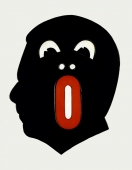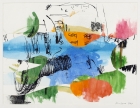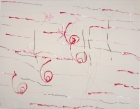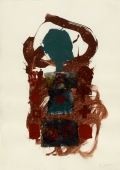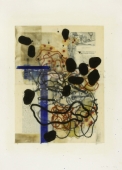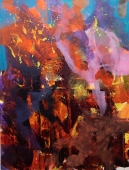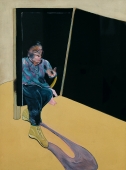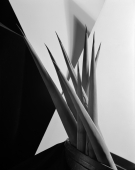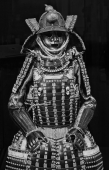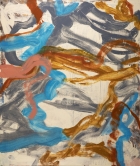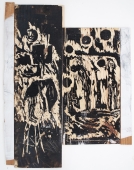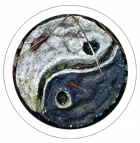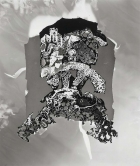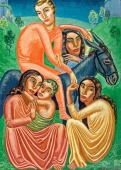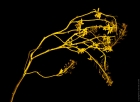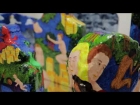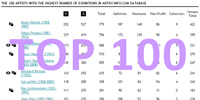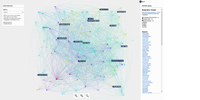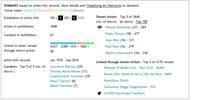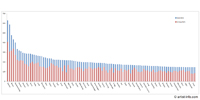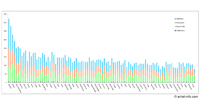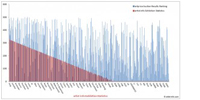
Museum | Huis Marseille - Stichting for Fotografie
Keizersgracht 401
NL - 1016 EK Amsterdam - Netherlands Google Map
T.: +31 (0) 20 - 531 8989
Web: http://www.huismarseille.nl Email: info@huismarseille.nl
https://www.artist-info.com/museum/Huis-Marseille
 Exhibition Announcements Exhibition Announcements 
| Learn more about this service |
|---|

Bernd, Hilla and the Others |
||||||
Bernd, Hilla and the others / Photography from DüsseldorfHuis Marseille, Amsterdam Precision and comparabilityBernd Becher (1931–2007) was professor of photography at the Staatliche Kunstakademie Düsseldorf from 1976 to 1996. Until his arrival the academy had been associated principally with painting and sculpture, and with such famous artists as Joseph Beuys, Sigmar Polke and Gerhard Richter. As an artist couple Bernd and Hilla Becher became known for their impressive and coherent oeuvre of photographs of industrial and functional architecture, including water towers, lime kilns, mine shafts, factory buildings and framework houses. In photographing these constructions they strived for precision and comparability, placing each object in the centre of the frame and at eye height. They presented their photographs in ‘typologies’, series of images of the same type of object. The Bechers greatly admired the work of August Sander and Albert Renger-Patzsch, representatives of the Neue Sachlichkeit (New Objectivity), an influential movement in German art that arose during the 1920s. A new conceptBernd and Hilla Becher’s formal and conceptual approach was enthusiastically adopted by their students, who included Candida Höfer, Axel Hütte, Andreas Gursky and Thomas Struth. These added their own visions, and chose themes that were strongly culturally determined such as different types of architecture, cityscapes, (man-made) landscapes, (group) portraits and interiors. Where the Bechers had worked consistently in black and white and in fairly small formats, their students moved to colour and to large, monumental formats. Like their masters, they worked in an investigative, slow, and documentary way that was often compared to the working methods of 19th-century photographers using large plate cameras and tripods. While the work of Bernd and Hilla was linked in the 1970s to conceptual art and to movements such as Minimal Art, their students’ work was cited in discussions about traditions in painting. ExperimentDespite the formal principles to which many of the Becher-Schüler adhered, they were not afraid to experiment. Andreas Gursky experiments with digital techniques and Thomas Ruff makes frequent use of ‘useful’ and ‘found’ photography – images taken from existing sources such as astronomical photographs, infra-red photographs, press photographs and pornography. Elger Esser and Jörg Sasse also combine their own photos with other photographs they find and process. Younger photographers such as Anna Vogel and Louisa Clement, who studied under Ruff and Gursky in Dusseldorf, experiment freely with the digital possibilities of photography. Clement even makes her photos with a smartphone. What links all the Becher-Schüler is their serial, conceptual, and consistent working methods. Participating PhotographersBernd & Hilla Becher, Boris Becker, Laurenz Berges, Frank Breuer, Louisa Clement, Elger Esser, Claudia Fährenkemper, Andreas Gursky, Candida Höfer, Axel Hütte, Christof Klute, Simone Nieweg, Tata Ronkholz, Thomas Ruff, Jörg Sasse, Martina Sauter, Thomas Struth, and Anna Vogel. |
||||||












